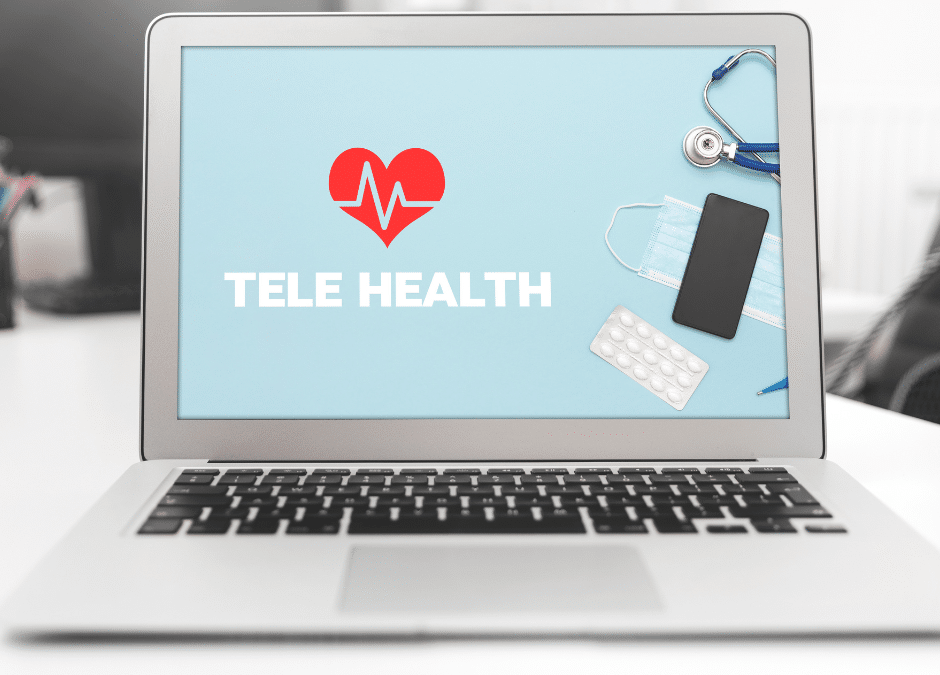In recent years, telehealth has emerged as a convenient and effective way for people to receive medical care from the comfort of their own homes. Telehealth is the use of technology to provide healthcare remotely. This technology includes video conferencing, phone calls, and messaging.
Telehealth has recently gained popularity due to the COVID-19 pandemic, which forced healthcare providers to look for alternatives to in-person visits. However, telehealth has been around for many years. It has been used to provide mental health care to people in remote or rural areas and individuals who have difficulty traveling to a provider’s office.
Telehealth Changes
In the past, telehealth was primarily used to provide counseling services through video conferencing or phone calls. However, in recent years, telehealth has expanded to include a wide range of mental health services, including psychiatric evaluations, medication management, and cognitive-behavioral therapy.
Another change in telehealth is the increasing use of mobile apps that provide mental health services. These apps offer various services, including mindfulness exercises, mood tracking, and virtual counseling sessions.
The Impact on Mental Health Care
Telehealth has significantly impacted mental health care, making it more accessible and convenient for people to receive the care they need. Some of the benefits of telehealth include:
- Increased Access to Care: Telehealth has made it easier for people who live in rural or remote areas to access mental health care. They no longer have to travel long distances to see a provider.
- More Convenient: Telehealth eliminates people needing to take time off work or school to attend appointments. It also eliminates the need for people to spend time and money on transportation.
- Better Outcomes: Studies have shown that telehealth can be just as effective as in-person visits in treating mental health conditions. Additionally, telehealth can help people feel more comfortable and relaxed during their appointments, leading to better outcomes.
- Reduced Stigma: For many people, the stigma associated with mental illness can make it challenging to seek help. Telehealth provides a level of anonymity that can help people feel more comfortable seeking care.
- Increased Efficiency: Telehealth can be more efficient for both patients and providers. Providers can see more patients in a day, and patients can get the care they need without having to wait weeks or months for an appointment.
Telehealth has brought about significant changes in mental health care, making it more accessible, convenient, and effective. As technology continues to advance, telehealth will likely become even more prevalent in mental health care. However, it is essential to remember that telehealth does not replace in-person care and that some conditions may require a physical exam or in-person treatment.
If your practice is looking for ways to improve its technology and telehealth services, fill out a contact form on our website. We would love to guide you in the right direction.

